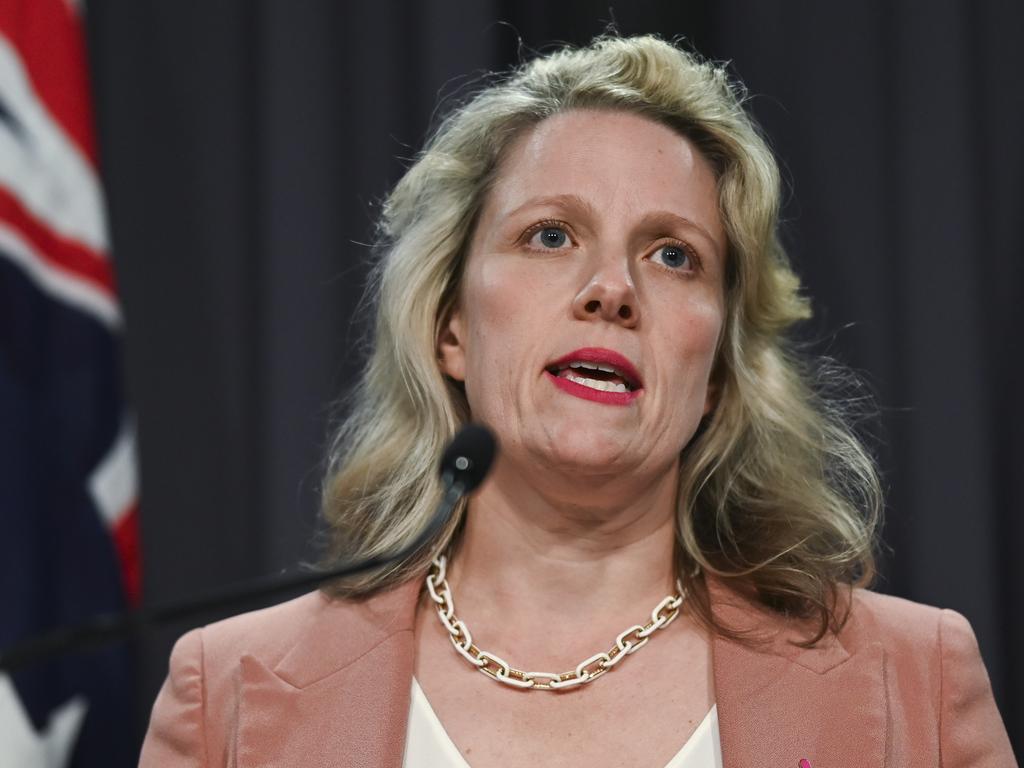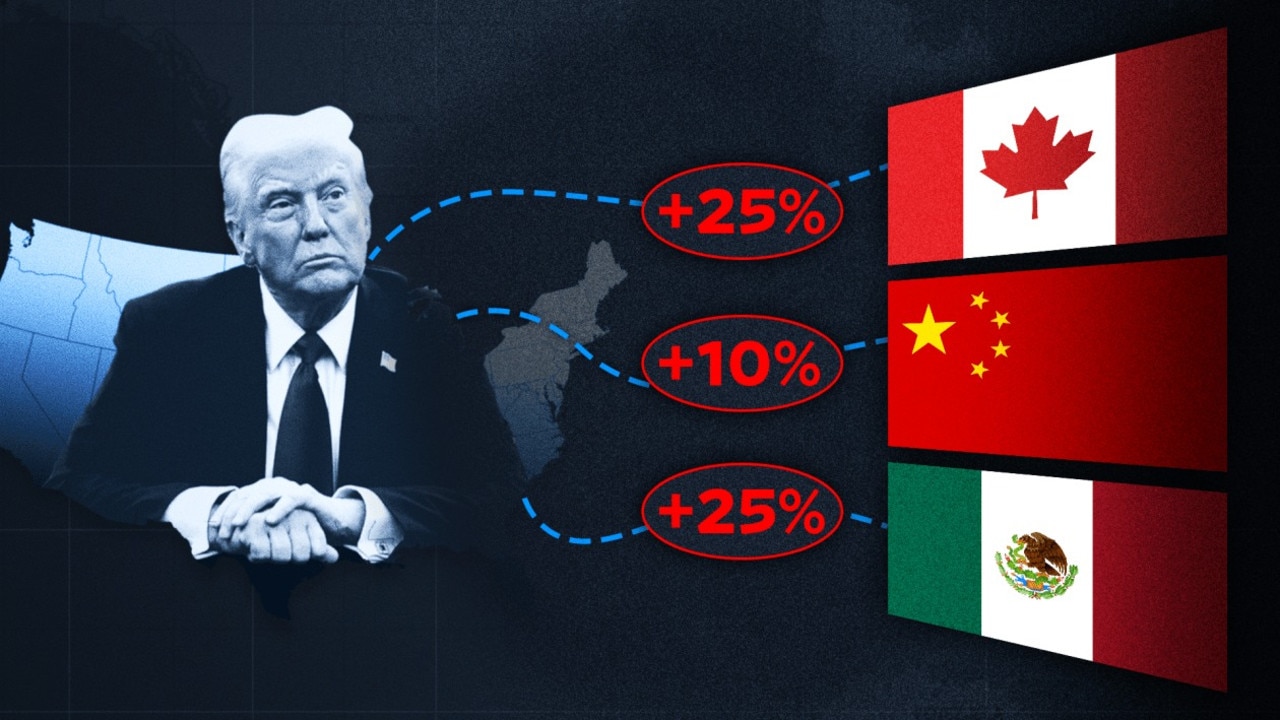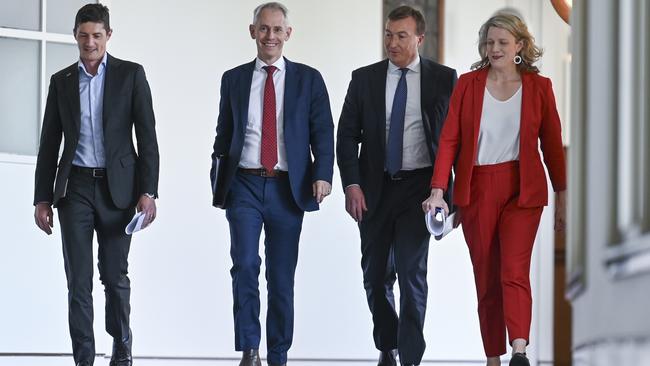
One of the most common refrains of the Albanese government is to blame its current problems on the previous Coalition government. This is the case across a large number of policy areas, including immigration.
When it comes to immigration, it is entirely possible for a government to change settings quickly and thereby alter the size and composition of the migrant intake.
In fact, Home Affairs Minister Clare O’Neil did just that but with most of the changes extremely ill-conceived, leading rapidly to perverse outcomes. The decision to increase the permanent migrant intake to 195,000 from the Coalition’s level of 160,000 was hasty and badly thought through.
The decision to allocate more departmental resources to speed up visa processing times was likewise ill-considered.
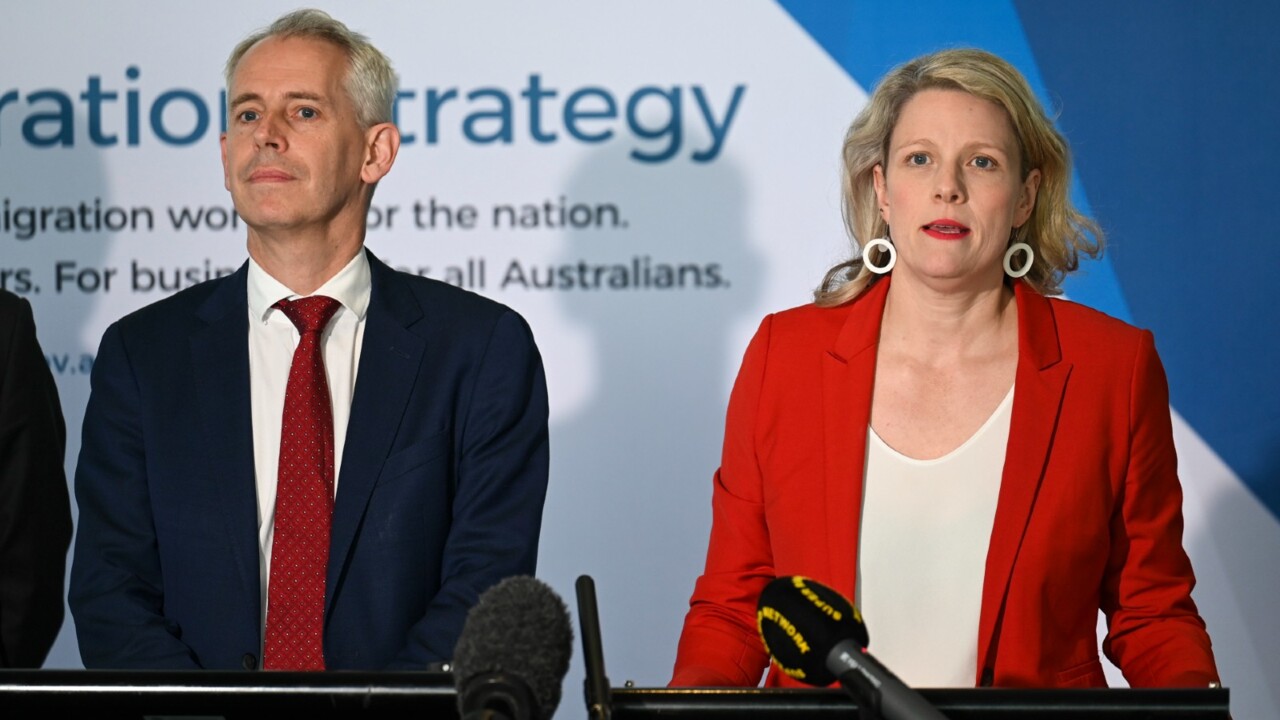
O’Neil delayed the decision to kill off the special Covid-19 visa, which provided low-skilled migrants with unlimited work rights for about 120,000 visa holders. It took until September for that decision to be made – well over a year after the Albanese government was elected – and the visa is only being phased out.
The Home Affair Minister also made the extraordinary decision to double the duration of post-graduation stays of international students at the same time that it was clear international student numbers were surging.
O’Neil has now been forced to make a complete U-turn and reverse this decision.
She quickly commissioned former senior bureaucrat Martin Parkinson to undertake a “once in a generation” review of the migration system. It was no such thing, offering up a number of housekeeping suggestions while ignoring the elephant in the room – the size of the migrant intake.
O’Neil has sat on most of the recommendations since the report was released in April.
In the meantime, the government has been badly served by Treasury – which even has a special population unit – by giving extremely inaccurate forecasts about migrant intake numbers.
We know Treasury is an advocate of a Big Australia, but we should expect the officials to give reasonably precise estimates of net overseas migration, at least in the short term.
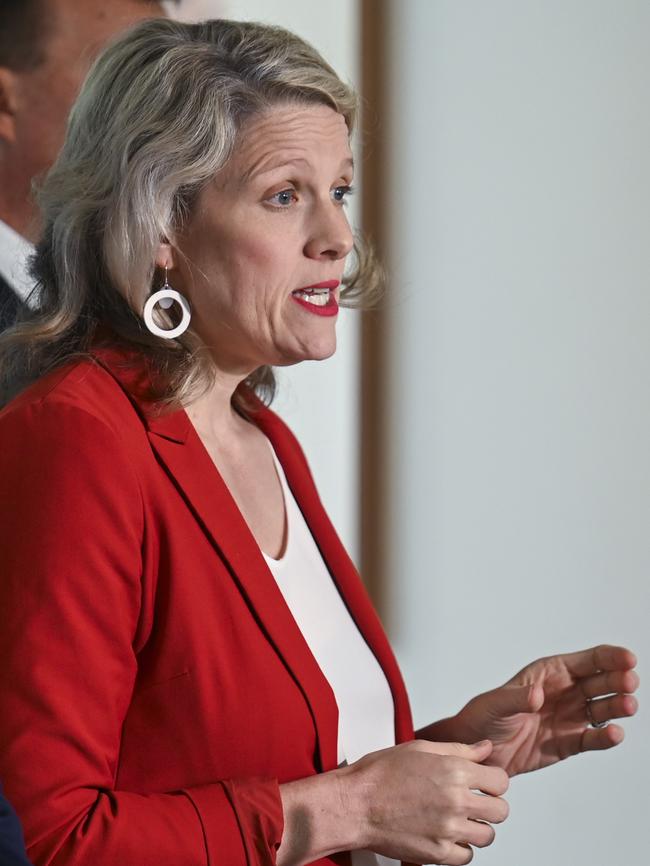
In last year’s October budget, Treasury indicated the NOM for 2022-23 would be 235,000, about the pre-pandemic average. This number was dramatically increased to 400,000 in the year’s May budget. It is now estimated that the actual figure will be 510,000 – more than double the original estimate.
O’Neil maintains that as a result of the measures, both implemented and announced on Monday, the NOM will be 375,000 in 2023-24 and 250,000 in the next financial year, which she erroneously claims is a return to the norm. It is actually quite a deal higher than the longer-run NOM over this century.
The minister reveals that the overall impact of her policy changes cross four years will be less than 200,000 fewer migrants – a very marginal reduction under the circumstances.
So what are the changes being proposed to reduce the migrant intake and thereby relieve the pressures on housing and infrastructure, more generally? Seeking better standards in English for incoming international students sounds like a good idea but the devil will be in the detail. There is evidence that testing for English proficiency is widely rorted; without significant changes, this will continue.
Reducing the duration of post-graduation visas should have some impact, but note in Britain most graduates are able to stay for only six months. This short period is not being mentioned here.
The vast majority of international students in Britain also cannot be accompanied by family members, a restriction that does not apply here. (It is estimated that about 15 per cent of international students in Australia come with other family members.)
There is some discussion about international students jumping from one visa category to another; the government has some vague intention to limit this.
Again in Britain, a second education visa can be granted only if the second course is a higher status than the initial one. This is a change that should be implemented here. Slowing down visa processing time also can have an impact.
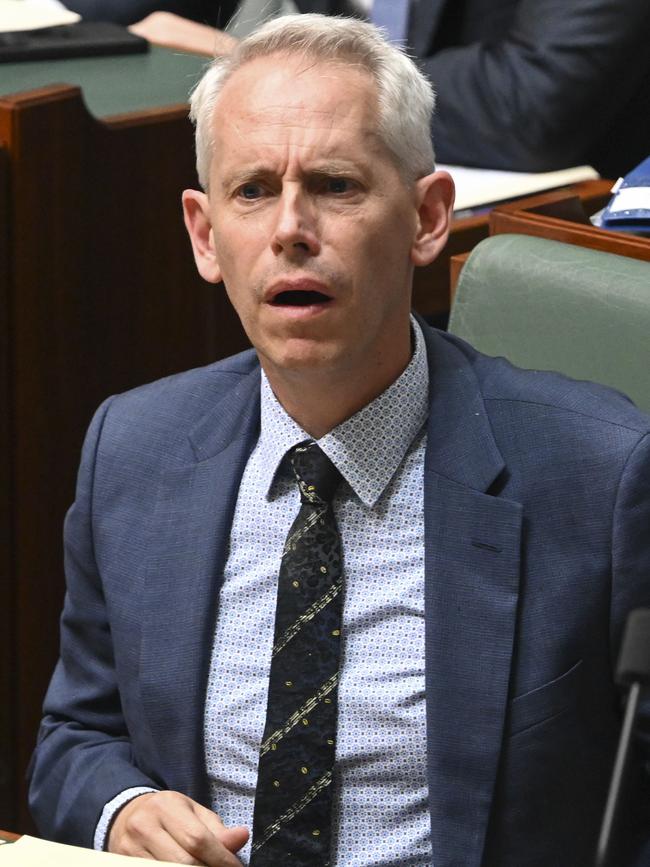
A major challenge is to ensure that those on temporary visas actually leave the country, even though the department doesn’t have a great deal of information about where the migrants actually are or what they are doing.
New migrants are not even required to apply for a tax file number as part of the visa application process, something that would be a useful compliance measure.
It’s entirely possible for temporary migrants to string out their stay here using the administrative appeals/court system. There is also a significant uptick in those on international student visas applying for asylum. The rate of deportation is extremely low even though most of these applications for asylum are rejected.
The reality is that the Labor government is not really inclined to reduce the migrant intake significantly because of the sectional pressures being brought to bear to maintain an open-door approach on the large uncapped part of the migration program.
Think here universities, big business, property developers and the like. The trade unions, which you think would oppose a massive migrant intake, are staying mum as they achieve their preferred industrial relations changes.
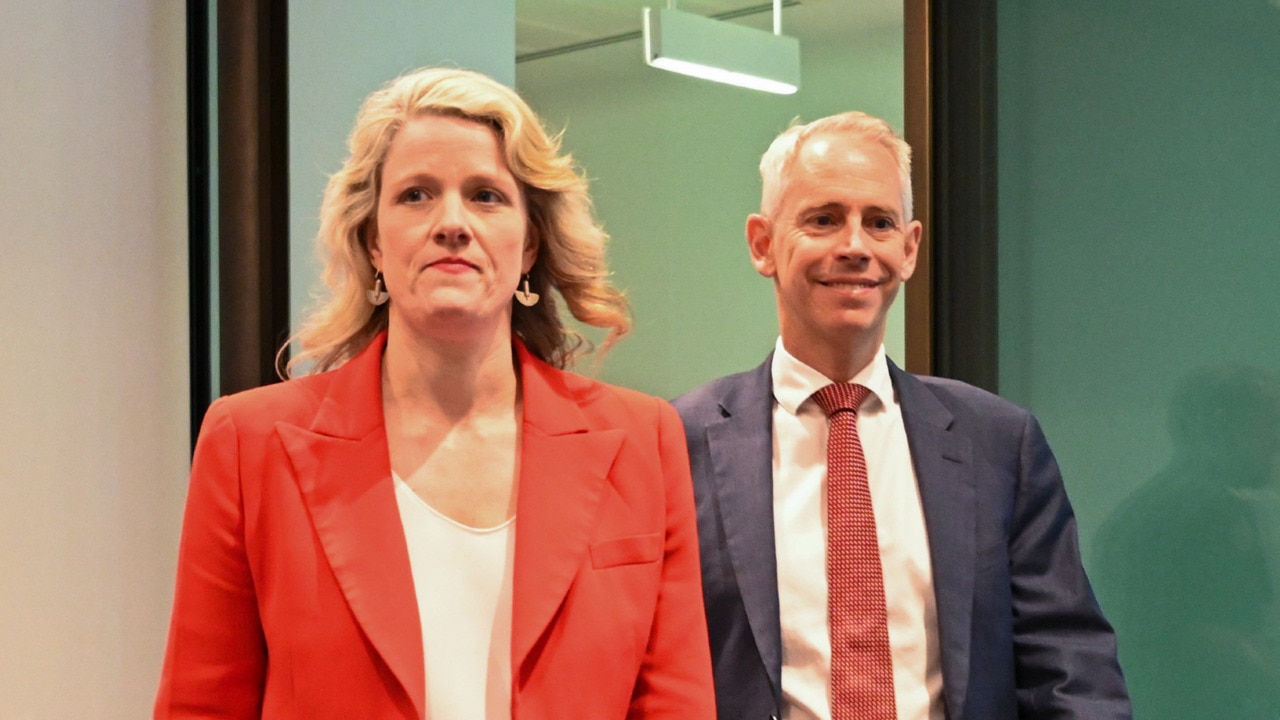
There will have been close to 900,000 migrants entering the country during Labor’s first two years in office and it has taken until this month for some fairly minor changes to be announced to slightly reduce the intake.
Of course, there is a world of difference between merely setting targets and actually achieving them. But if we are to have any confidence in the new targets, targets that actually are still far too high, the government needs to act with much stronger policies.
Capping the large temporary programs would be a start and imposing a significant levy on international students also would defray some of the external costs that the large migrant intake imposes on locals. Making sure temporary migrants go home – and that they get this message – would also have an impact.
Just don’t expect a Labor government to have the courage to implement these measures.




